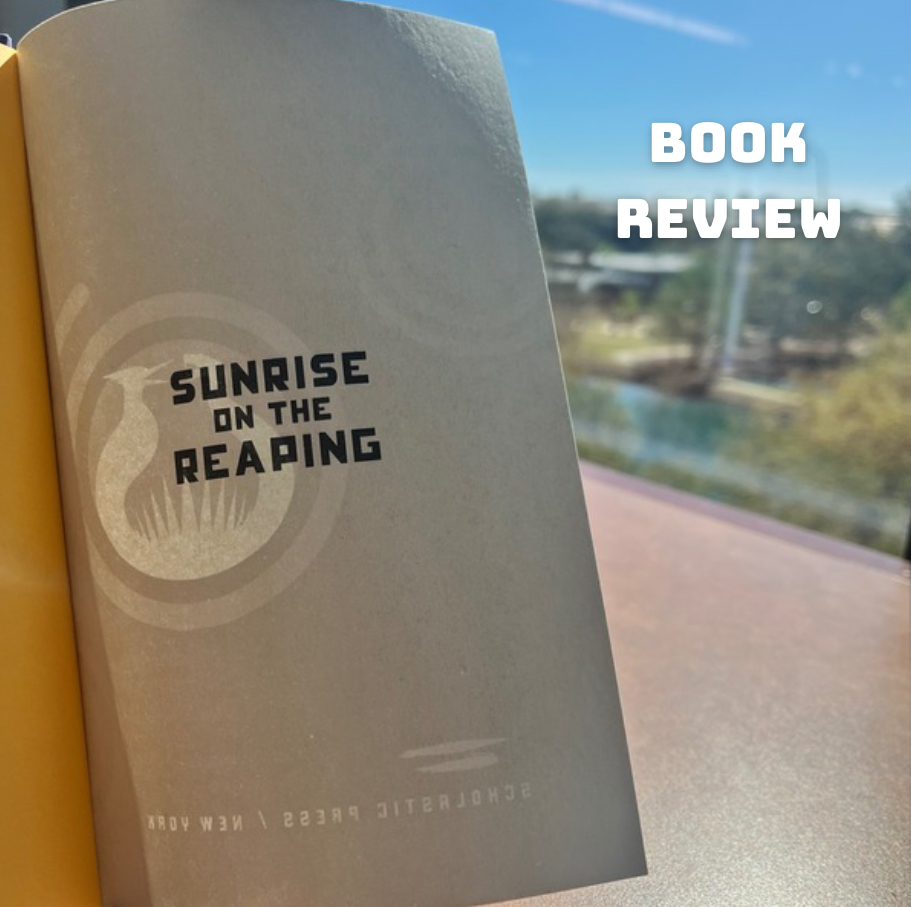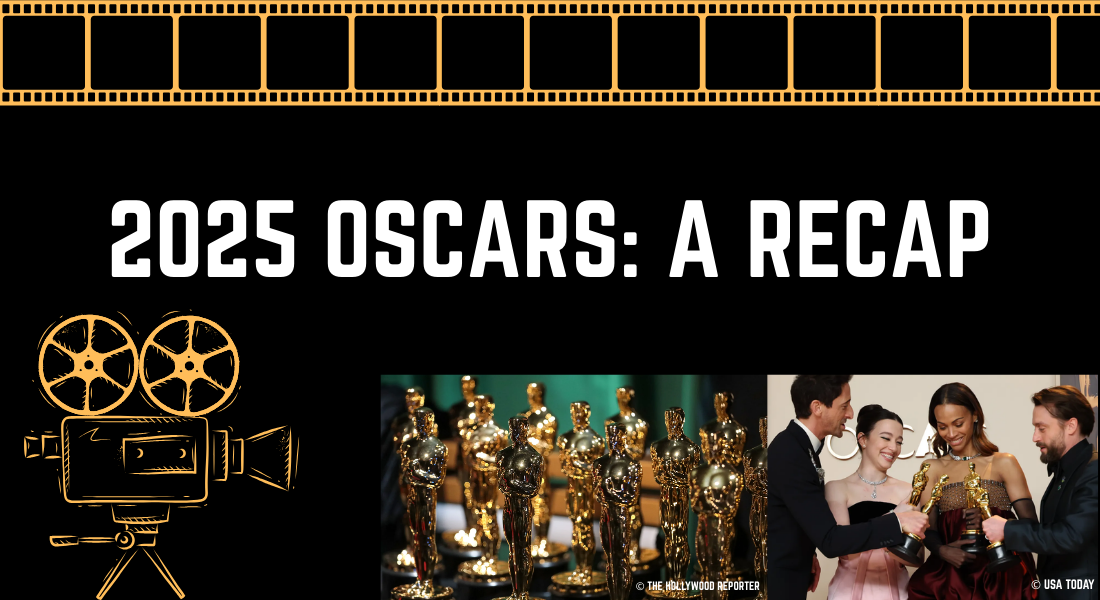“The Hunger Games” is a dystopian series written by Suzanne Collins that showcases political corruption in its extreme forms. In this series, the Capitol maintains control by invoking fear, and oppression, and destroying all hopes of plausible peace by sending the district children of Panem to a public “reaping” ceremony. In each of the twelve districts, a male and female tribute is reaped from their families and woven into the Capitol’s propagandistic grand scheme, where they will battle to the death in a televised arena until a lone victor remains. This is known as “The Hunger Games.”
WARNING: This book review will contain spoilers.
Sunrise on the Reaping shines a light on the unsolved mysteries of the previous novels, using the point-of-view of young Haymitch Abernathy. We explore his character starting twenty-four years prior to the original trilogy, with him waking up on his sixteenth birthday, which also happens to be the Reaping for the 50th Annual Hunger Games. Throughout the book, we discover a much richer understanding of Panem’s politics, expanding on the themes explored in the first prequel, The Ballad of Songbirds and Snakes.
Suzanne Collins opens this book with a quote from influential dystopian novelist George Orwell, “All propaganda is lies, even when one is telling the truth. I don’t think this matters so long as one knows what one is doing, and why.” By choosing this quote, Collins sets the stage for the novel’s central theme: the manipulation and power of propaganda.
Sunrise on the Reaping takes place during a Quarter Quell, a special edition of the Hunger Games held once every twenty-five years. A Quell is designed to be even more “spectacular” than a regular Hunger Games, serving as a brutal reminder of the Dark Days and reinforcing the Capitol’s control. In this special edition, instead of the usual twenty-four tributes, forty-eight will be reaped and thrown into an arena specifically designed to resemble an eye, symbolizing that the Capitol is always watching.
Instead of the hardened, sarcastic, alcoholic mentor we know from the original trilogy, Haymitch Abernathy is a young, gullible sixteen-year-old whose sharp and rebellious nature leads to his recruitment for a rebel operation within the arena — orchestrated by a rebel within the Games’ production crew, Plutarch Heavensbee. The night before the Games, Plutarch explains to Haymitch, “The Games are the best propaganda we have. You tributes, you’re our stars. You carry it out. But only if we control the narrative. Don’t let us.” In turn, with the help of others, Haymitch is able to smuggle in explosives, concealed within the tokens that tributes are allowed to bring into the arena, hoping to “paint a poster,” unaware of the extreme consequences to come.
Unfortunately, any footage of Haymitch’s attempt to be a rebel hero is wiped away. His acts of defiance against the Capitol prove futile, as they ensure that his rebellion and moral convictions are erased, reducing him to nothing more than a foolish rascal — a “jackass.” Ultimately proving that the Capitol will always control the narrative.
The consequences Haymitch faces are far worse than public humiliation. President Snow ensures that Haymitch’s family are killed in a house fire. Then, when Haymitch is at his lowest point, he is forced to helplessly watch the love of his life, Lenore Dove Baird, die from a poisoned gumdrop. With her final breath, Lenore Dove makes Haymitch promise her that there shall never be another sunrise on the reaping, a promise he is finally able to fulfill twenty-six years later when the Hunger Games are officially abolished after the Capitol’s fall during the Second Rebellion.
My Review
I had no idea that the emotional pain inflicted upon me while reading this book would be worse than all the devastation of the previous novels combined, multiplied tenfold. Collins proves once again to have masterful worldbuilding skills, as well as the ability to craft the complex characters we love, suffer with, and grieve for. Evidence shown are the tears streaming down my face.
In the end, I did not enjoy my visit back to the world of Panem; it ruined me. But maybe that’s the point. We should be forever grateful that the political corruption in today’s world has yet to progress to something as cruel as The Hunger Games — but how long can we keep telling ourselves that things could be worse before we become too desensitized, too far gone to turn back?
“They really are for our greater good. The Hunger Games.” — Effie Trinket, Sunrise on the Reaping.
Overall Rating: ★★★★★ (5/5)















